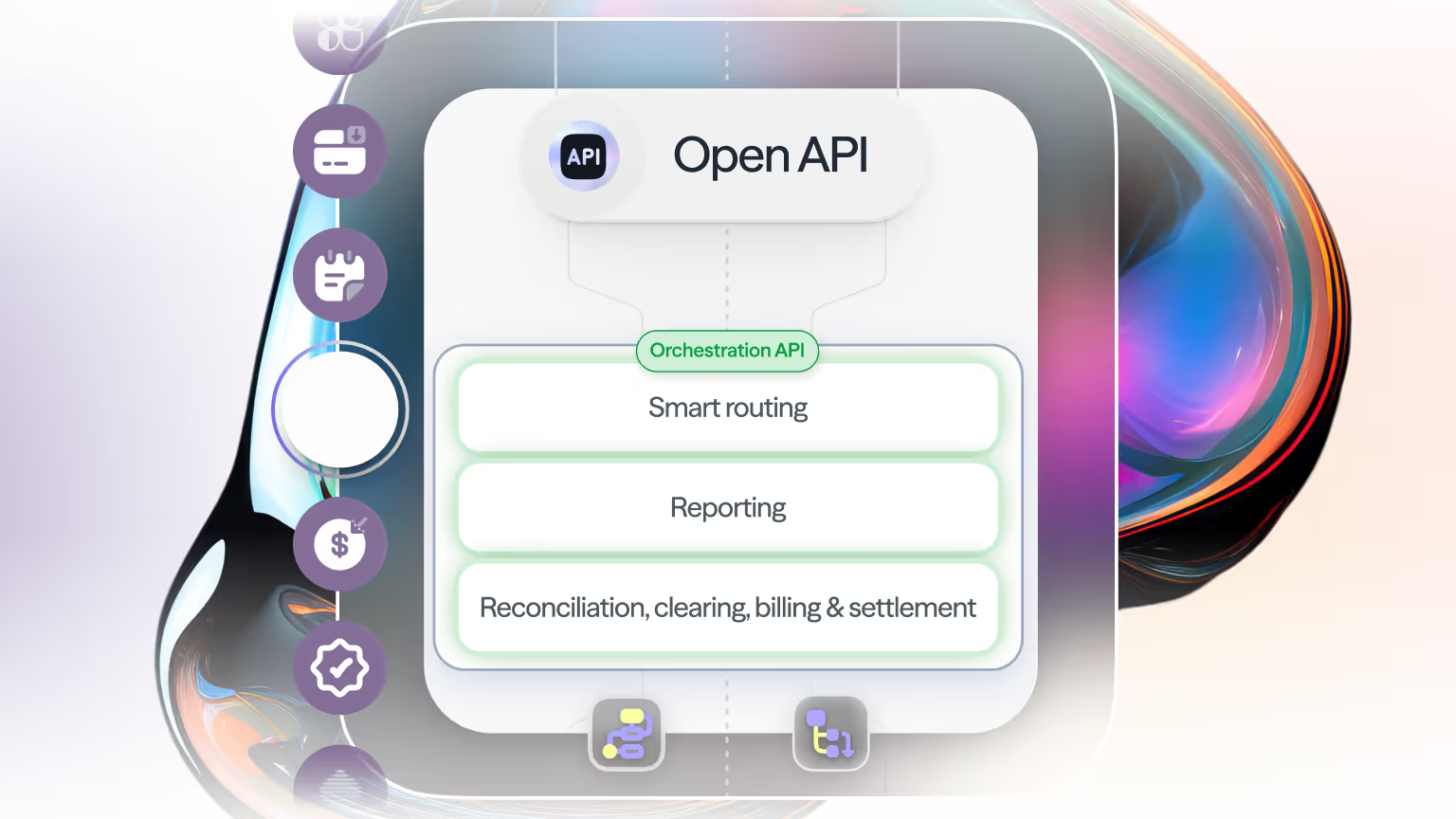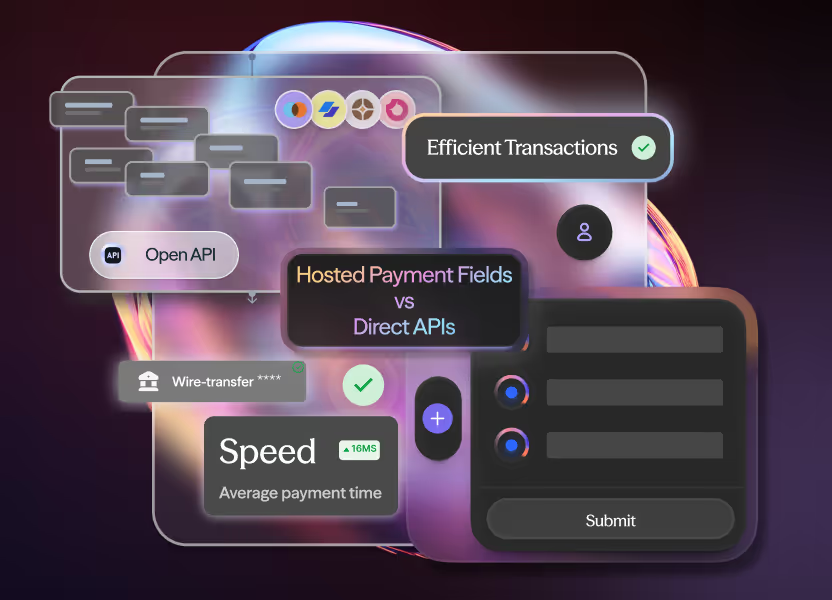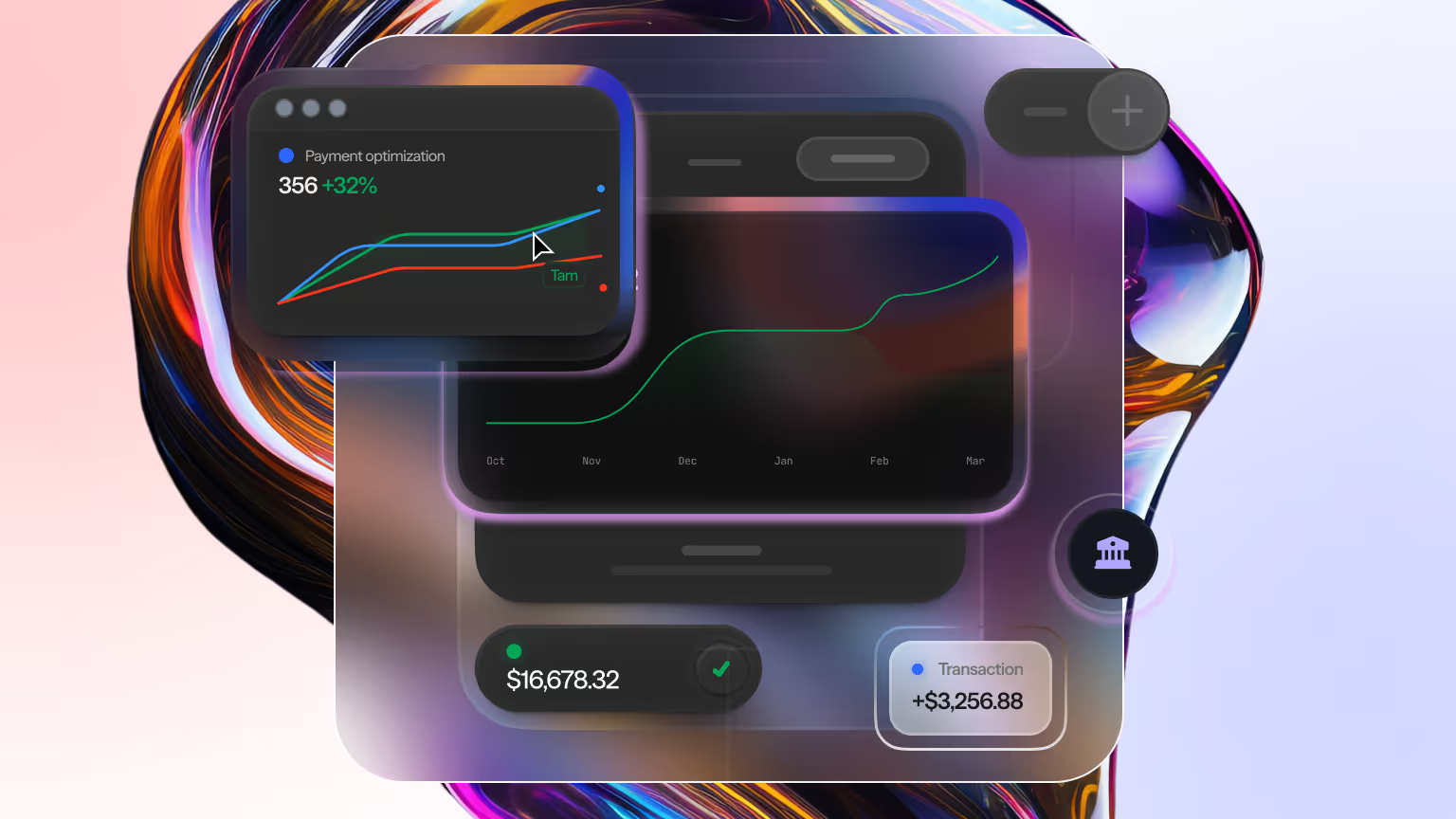Save Dev Time: Integrating With Multiple PSPs Using a Single API
Stop wasting developer time on complex multi-PSP integrations. A unified API abstracts the chaos.

Developers are the engine of innovation, the team building the features that define your merchant's success. Their time is finite and incredibly valuable. Yet, for too many scaling businesses, this time is silently drained by the relentless complexity of payment infrastructure.
Global ambition demands resilience, which means connecting to multiple Payment Service Providers (PSPs). But if you have had to integrate even two or three, you know the truth: You are not building a solution, you are building a maintenance prison. Each new PSP means a new API to learn, new docs to track, and new logic to debug.
This article breaks down the technical inefficiencies of the traditional approach and reveals how adopting a unified, single API for payments can abstract away multi-vendor chaos, allowing your team to reclaim critical developer time for innovation.
The True Cost of API Sprawl
The decision to adopt a multi-PSP strategy is smart for business resilience and global reach. However, the manual execution of this strategy creates three inescapable headaches for your team.
The Burden of API Maintenance and Sprawl
Every Payment Service Provider speaks a different language, leading to fragmented code, unique data structures and non-standardised error codes. Integrating five PSPs means maintaining five unique libraries, making your codebase brittle and error-prone. This burden directly impacts development cycles.
According to the 2023 State of the API Report by Postman, a staggering 57% of financial services respondents stated that most of their organisation's development effort was focused on APIs, the highest percentage across all surveyed industries. This indicates just how much development capacity is consumed by ongoing integration and maintenance.
Compliance and Certification Fatigue
Compliance isn't static. Whether it's a PCI DSS renewal, a PSD2 update or the mandatory switch to 3DS 2.0, every regulatory change requires a review of every integrated PSP's unique codebase. Your team is forced into continuous, repetitive certification cycles instead of building competitive advantages.
Need to choose your integration method? The decision between a Direct API (Server-to-Server) and Hosted Payment Fields is critical for your PCI scope and checkout control.
Read our guide: Hosted Payment Fields vs. Direct API: What Should Merchants Choose?
Random Data and Reconciliation Chaos
Try reconciling transaction data when PSP A calls a successful charge "authorised" and PSP B calls it "approved". Finance and engineering teams waste days stitching together disparate reports, leading to reconciliation errors and a lack of real-time insights. This friction slows down auditing, debugging, and, ultimately, decision-making.
Learn how to better manage your global payment strategy and the complexities of multi-currency payments with smarter solutions.
The Orchestration Solution: A Single API That Abstracts Complexity
The antidote to multi-PSP chaos is the payment orchestration layer. By placing a unified API between your platform and the global network of Payment Service Providers, you can convert a logistical nightmare into a single, elegant relationship.
To gain a clearer understanding of the ideal payment stack for your needs, read about the distinctions between orchestrators, gateways, and PSPs.

Technical Simplicity that Accelerates Scale
An orchestration API manages the complexity so your development team doesn't have to:
- Uniform Data Model: The platform normalises all transaction data. Regardless of which underlying PSP processes the payment, your application receives the same clean, consistent data object and a unified set of error codes. This immediately slashes the need for complex, bespoke translation logic within your internal code.
- Abstracted Updates: The orchestration platform owns the ongoing maintenance and compliance updates. When a PSP changes its API, the platform updates the connector on its side. Your single API connection remains stable and future-proofed against upstream updates.
- Faster Time-to-Market: Need to launch a local payment method (APM) in a new market? When using an orchestrated stack, it’s not a new integration project but a configuration switch via the platform's dashboard, slashing deployment timelines from months to days.
Beyond Integration: Smart Routing and Built-in Resilience
The true value of a single API for payments is that it provides high-performance features automatically, freeing up developer capacity.
- Intelligent Payment Routing: The orchestration engine dynamically analyses card type, geography and real-time PSP performance to route each transaction to the provider with the highest historical approval rate. This mechanism improves conversion rates without requiring any proprietary routing logic from your developers.
- Automatic Failover: System resilience is handled automatically. If a primary PSP experiences an outage or temporary decline, the transaction instantly cascades to the next best-performing alternative. This zero-touch redundancy guarantees uptime and maximises revenue.
Before you choose a provider, know the landscape. Read our guide to the difference between a Payment Gateway vs Payment Orchestration and find out why an orchestrated approach is necessary for modern scale.
Focus on Innovation: Integrate With Multiple PSPs Using a Single API
Multiple PSP integration systems create operational obstacles which block business growth at every stage of expansion. The selection of a unified single API for payments through an orchestration layer serves as a strategic choice which reduces technical debt while improving resource efficiency.
This architectural shift allows your developers to stop coding payment plumbing and start building the features that will drive your core business forward.
Reach out to finera. today and learn how our orchestration technology can simplify your infrastructure and help you reclaim your developer time.
This article on payment methods is for informational and educational purposes only.
- Not Professional Advice: The content provided does not constitute financial, legal, tax, or professional advice. Always consult with a qualified professional before making financial decisions.
- No Liability: The authors, contributors, and the publisher assume no liability for any loss, damage, or consequence whatsoever, whether direct or indirect, resulting from your reliance on or use of the information contained herein.
- Third-Party Risk: The discussion of specific payment services, platforms, or institutions is for illustration only. We do not endorse or guarantee the performance, security, or policies of any third-party service mentioned. Use all third-party services at your own risk.
- No Warranty: We make no warranty regarding the accuracy, completeness, or suitability of the information, which may become outdated over time.
Frequently Asked Questions

Still Have Questions?
Let’s Find the Right Solution for You
Stay Connected with Us!
Follow us on social media to stay up to date with the latest news, updates, and exclusive insights!









